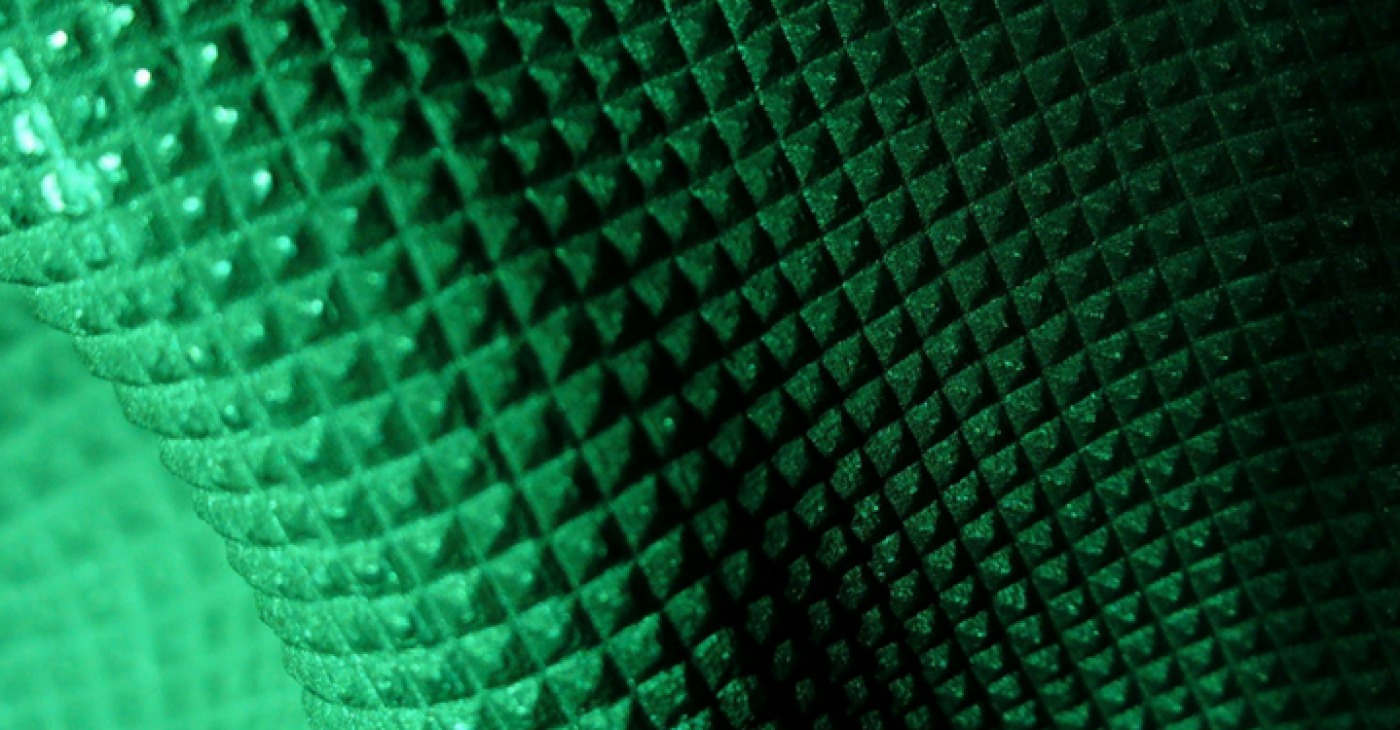PAMPROD (Procédés Additive Manufacturing – Productivité) is an industrial project developing a disruptive additive manufacturing solution for producing large parts and components in a cost-effective manner. The project was launched in response to the needs of the Aeronautics, Energy, and Defence sectors for producing large parts of up to five meters.
PAMPROD answers this demand by leveraging the power of additive manufacturing and creating a machine that can be easily installed in most production environments.
Designed to be flexible and agile
PAMPROD uses a hybrid additive manufacturing solution that combines both powder and wire deposition. The machine is specifically designed to be both flexible and agile. To increase a user’s return on investment, PAMPROD can be used with specialty metals, including the wide range of Nickel alloys for additive manufacturing that Aperam offers as either a powder or wire. PAMPROD can also be used with Titanium alloys and materials as stainless steel and steel.
A proof-of-concept machine has been installed at IREPA LASER. First pre-series parts are expected in early 2021, with Prodways bringing the PAMPROD solution to market by 2023.
Why choose PAMPROD ?
To ensure a robust, repeatable manufacturing process, the machine is equipped with cameras that are directly linked to a monitoring software. This allows the user to monitor the deposits in the melt pool in real time. A thermo-mechanical simulation completes the whole process before the part goes into production.
It is this combination of additive manufacturing technology and adaptability that allows PAMPROD to reduce costs and lead times.
The project is the result of a consortium of six companies: Aperam (manufacturing and adaptation of material consumables), Estia (piloting of robotics), Institute Jean Lamour (materials expertise and mechanical testing), IREPA LASER (machine and process development and numerical simulation), Prodways (machinery manufacturing), and TPSH (system monitoring).
The PAMPROD project was coordinated by Aperam and IREPA LASER and received funding from BPI (Banque publique d’investissement).







